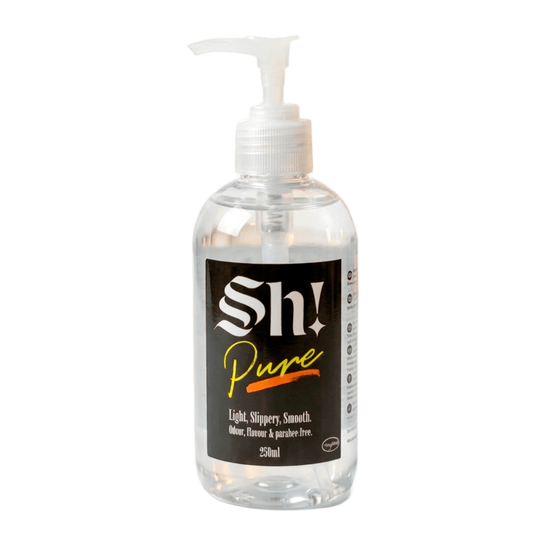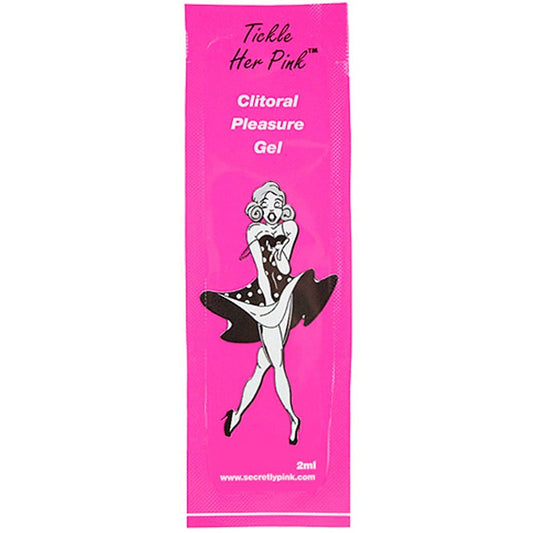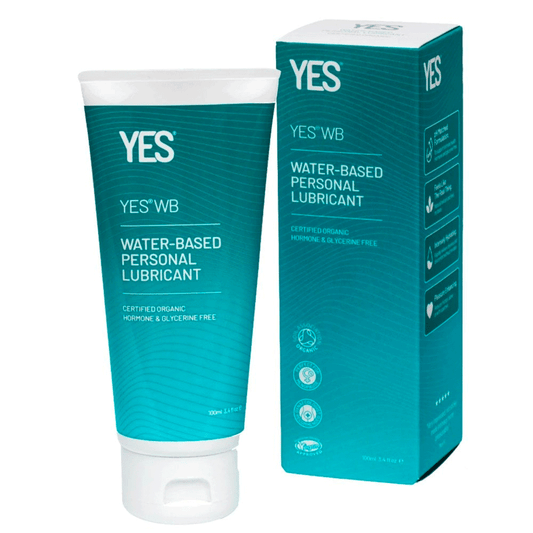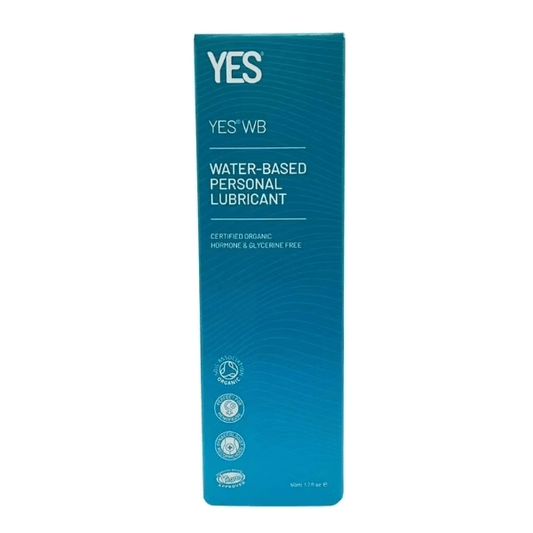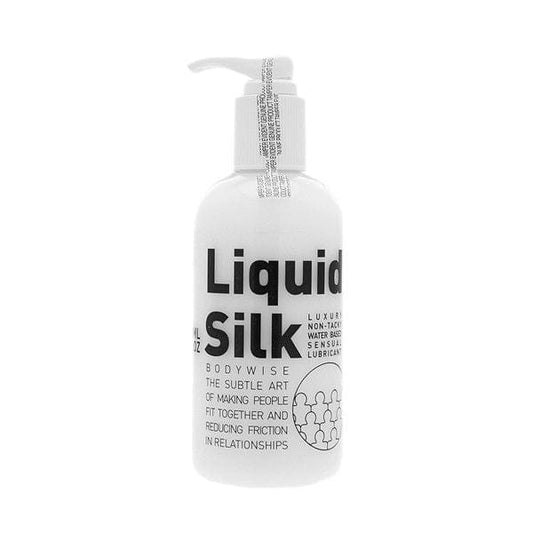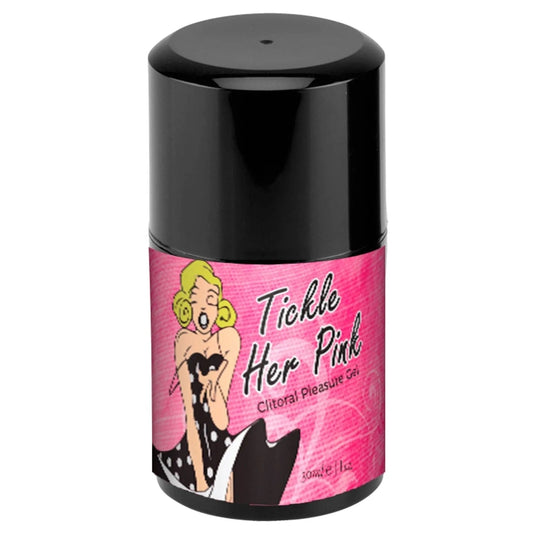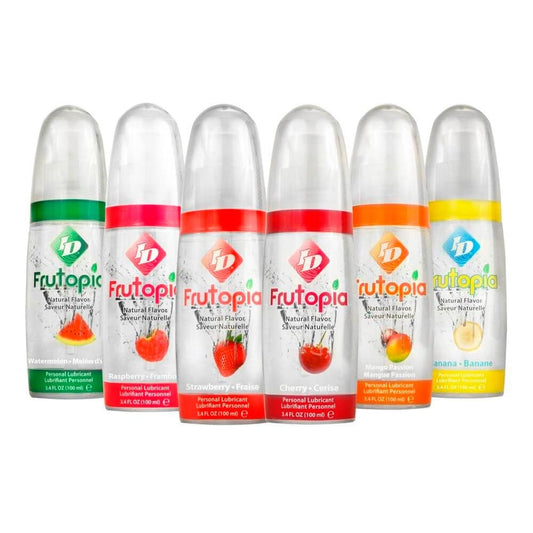Hi Sh!
I have a few questions about lube I hope you can help me with:
- What kind of lubricant should I use during pregnancy? And why would some lubricants be suitable and others not?
- Lubricants for people with diabetes - I've heard some lubricants contain sugar?
- Can sex toys cause cystitis? What are the safest practices for people affected by this condition?
Hello there,
Many thanks for your email!
These are all excellent questions, and we think lots of people will be interested in learning more about lubes.
Generally, using lube is not harmful to either parent or child, and we have a selection of good water-based lubes to choose from. During some stages of pregnancy, lubricant can also help enhance pleasure and alleviate any dryness caused by over-active hormones. (Although many women find the body will naturally produce a lot of natural moisture during pregnancy.)
Products with mild formulations are much better for the skin, as pregnancy can cause hypersensitivity to certain ingredients that may not have caused problems previously.
Lubes with glycerine/sugars, parabens and fragrances should be avoided. These ingredients can be irritating at the best of times, but as pregnant women & vulva-owners are more prone to yeast infections and UTIs, we recommend giving them a (wide) berth.
Silicone-based lubricants are not generally recommended as they are not water-soluble. Using silicone-based lube can cause bacteria to collect inside the vagina, which can cause infections.
Also avoid lubricants with additives designed to enhance pleasure, like warming or tingling lubes - they may cause unpleasant side effects when/if your vagina is extra sensitive.
Products containing L-arginine, Lidocaine, Capsicum, and Menthol are not advised for use during pregnancy. This is because they could cause irritation to extra-sensitive pregnant skin. Also, there is not enough research into the effects of the topical use of these ingredients on expecting mothers. Using these products could carry possible health risks to both mother and baby. It is always best for mum-to-be to get advice from their GP about these ingredients.
Lube suitable for use during pregnancy

Vegan lube
For a product to be classified as Vegan, it must be free from any ingredients derived from animals or animal by-products. It must be safe to ingest, contain no hormones and not be tested on animals. Currently, the lube we stock that are Vegan-friendly (no animal products, synthetic alternatives, and vegetable glycerine) are these:
- Sh! Pure
- Sh! Pure Plus
- Yes Organic
- Sliquid
- ID Frutopia
- Intimate Earth Hydra Glide
- Intimate Earth Defense Protection Glide
- Orgie Bio Organic Aloe Vera
Lube suitable for people with diabetes
Some flavoured lube contains sugar, so it's best to avoid those if you have diabetes.
Glycerin is a common ingredient in many lubricants. It's a form of sugar, but not one that will be processed by your body or raise your blood sugar.
Still, diabetes can make you more prone to cystitis because it raises the sugar levels of your urine, making it a happy breeding ground for bacteria. It's best to avoid putting any sugar in your vagina as it could increase your chances of getting yeast infections.
Lube and Cystitis
Cystitis is known as the "honeymoon disease." It's common to experience an unpleasant bout of cystitis after an intense sex session, especially if there hasn't been any sexual activity for a while.
The friction of sex can be a little too much for the sensitive urethra, and bacteria may make their way into the bladder. Always go for a pee after sex, as this will help keep the urethra and bladder as happy as can be.
Try sex positions that cause little or no friction on the urethra, and use lube to ensure no unnecessary rubbing of the sensitive area.
Cystitis and sex toys
As far as avoiding cystitis generally, cleaning your sex toys is crucial.
Using a sex toy cleaner is quick and easy. Spritz on cleaner, rinse off and leave your toy to air dry (it's better to let your toys air dry as towels or tissues can leave behind tiny particles). Or alternatively, use antibacterial hand soap and warm water but be careful with toys that aren't waterproof.
Sh! dildos can be sterilised (boil in a pan for 3 minutes - remember to remove the vibrating bullet) or put through the dishwasher.
Avoid swapping toys between partners without cleaning in between (or cover with condoms for easy clean-up mid-session). Never go from back to front without washing your vibe/dildo in between. The anus is full of bacteria you won't want in your vagina - this is often an excellent way of inadvertently giving oneself an infection.
Pregnancy and massage oils
As an added bonus to your questions, we'd like to add some information about pregnancy and massage oils.
Massages are lovely, but it is crucial that massage products containing essential oils are not used during pregnancy. Some compounds in certain essential oils have hormone-like behaviours because of their molecular structure.
Use of essential oils can cause birth defects or can start premature labour (intrauterine contractions) resulting in miscarriage. Frequent use of almond oil in pregnancy is linked to an increased risk of premature birth. Almond oil is the main component of many massage oils as it is a basic carrier oil for other essential oils.
Another risk is that some have an emmenagogue (em·men·a·gogue) action when taken orally or applied onto the body (these are herbs that stimulate blood flow in the pelvic area and uterus). They are traditionally used to help to promote and regulate menstrual flow and should be avoided during pregnancy.
We hope this helps!
Best Wishes,
Team Sh! xx Skip to content
Skip to content





